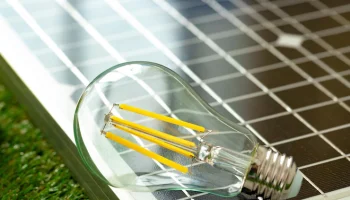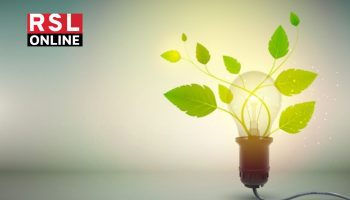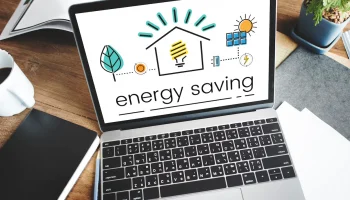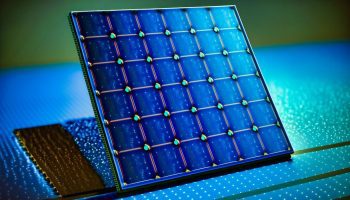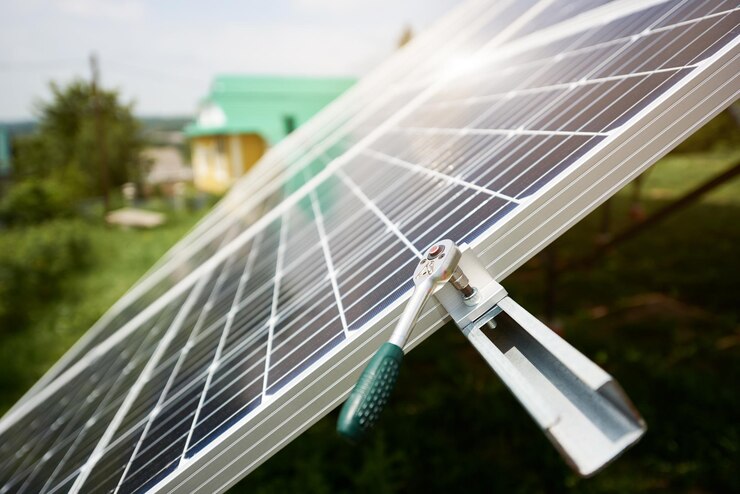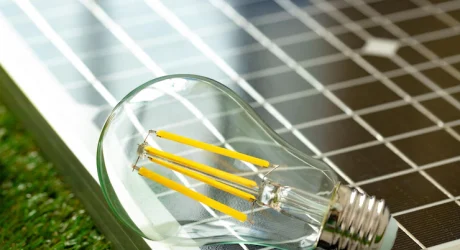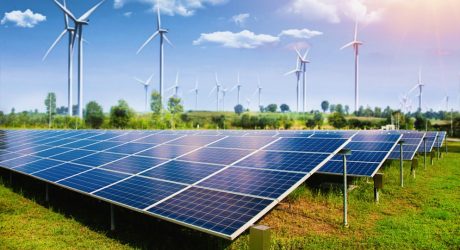As of 2021, the American solar industry employed 255,037 people.
Entrepreneurs seeking to minimize their overhead are turning to off-grid solar systems. However, many don’t know the difference between an on-grid and an off-grid system.
Both systems have many benefits, so how do you know what’s right for your business? Please keep reading to learn more about each system and how they work.
Solar Power Systems: On-Grid And Off-Grid
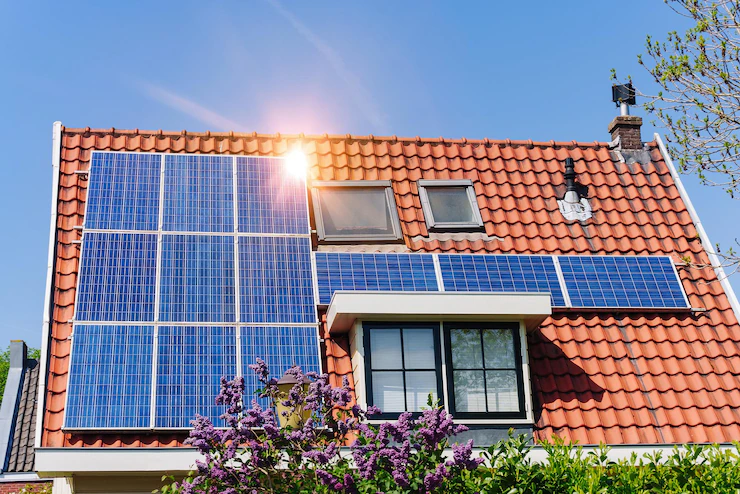
While on-grid solar power systems are connected to the electric grid, off-grid is not. The main difference between the two is that on-grid solar power systems can sell excess power back to the grid, while off-grid solar power systems cannot.
Off-grid solar power systems are typically used in remote locations where it is not possible to connect to the electric grid.
If you are considering solar panels at your home, it is better to choose a reputable company that will provide good services to you. This site explains very well the pros and cons of using solar power.
The Benefits
Both have their advantages and disadvantages.
An on-grid system is much cheaper to install, as you don’t need to buy batteries or other equipment to store excess energy. However, if the power grid goes down, your solar system will not work.
An off-grid system, on the other hand, though more expensive to install, will still work even if the power grid is down. You will need to store excess energy in batteries, however, which can be expensive.
The Drawbacks
One of the most significant drawbacks of off-grid is the lack of reliability. Off-grid systems are not connected to the public grid, so if the sun isn’t shining, there is no power. It can be a significant problem in areas with unpredictable weather or during extended periods of cloudy weather.
Another drawback is the cost. Offgrid systems are typically more expensive than on-grid systems because they require batteries to store energy when the sun isn’t shining.
On-grid has its own disadvantages as well. If the grid goes down, your solar system will not work. This means that during a power outage, you will not have any power. On-grid solar systems require more maintenance and are less flexible than off-grid solar systems.
How to Choose the Right Solar Power System for Your Needs

When choosing a solar power system, you need to consider whether you want to be connected to the utility grid or not. If you want to be connected to the grid, then you need to choose an on-grid system. If you don’t want to be connected to the grid, then you need to select an off-grid system.
It would help if you also considered whether you want to sell excess power back to the utility company or not. If you do, then you need to choose an on-grid system. If you don’t, then you can choose either an on-grid or off-grid system.
Bottom Line
Solar power is a great way to save money on your energy bill, but there are a few things you should know before you make the switch. If you want to save money on your energy bill and have the upfront investment for an on-grid system, then that may be the best option. However, if you live in a remote area or want to be completely independent of the power grid, an off-grid solar system may be the better choice.
Want to read more informative home improvement articles? Be sure to check out the rest of our blog.











